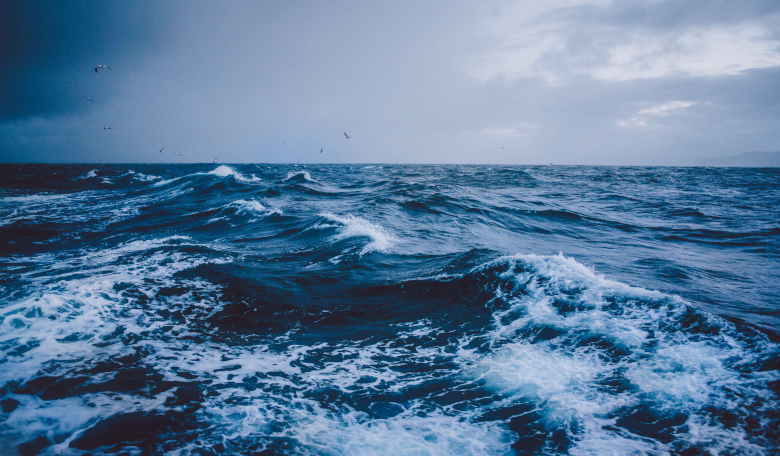Fisheries Innovation Scotland (FIS) has announced a ground-breaking collaboration between space and sea after commissioning tech company Space Intelligence to conduct 'blue sky' research into the potential for satellite technology to transform Scottish seafood.
FIS, which brings together seafood experts, scientists and the Scottish government to champion practical innovation in fishing, has recently commissioned a number of innovative projects - from the digitalisation of vessels and quantifying the fleet's carbon footprint - to bolster the sustainability and prosperity of the sector.
This latest project will see Space Intelligence conduct a pioneering review of the role that satellite technology could play in supporting Scottish fisheries - the first time a satellite technology company has supported the Scottish fishing sector in this way.
Space Intelligence is a specialist in Earth observation and transforming satellite data into 'actionable information', with a focus on supporting nature-based solutions to climate change - for example, by providing maps of changing carbon sinks and restoration opportunities.
As a company predominantly focused on forest conservation and land-based carbon stores, working in the marine sector will be a new venture for Space Intelligence too.
CEO Murray Collins said: “Technology obviously has a role to play in supporting the fisheries sector, as the sector looks to become more profitable and more sustainable.
“At the moment, there is a gap between what satellite technology currently does and what the possibilities are. We will conduct blue-sky research by reviewing what tech is out there and what could conceivably be developed to support the sector."
FIS Executive Director, Kara Brydson described the unlikely partnership as signalling the "innovative, forward-thinking nature of a traditional sector often condemned as old fashioned”.
With Scotland being a global leader in seafood production, as well as a rising star in space exploration and satellite technology, the country is well positioned to foster novel collaborations between the two.
Collins explained there were numerous ways in which satellites can drive transformational change in the fishing industry - from cutting edge 'agile space', whereby satellites are launched to perform bespoke research for specific challenges; to communication satellites that can track vessels, and land-mapping, which has so far mapped coral in tropical waters, but with potential applications to Scottish waters.
"The key is that our research is driven by the challenges faced by the sector - rather than the technology itself. We want to explore the possibilities from systems that already exist, rather than reinvent the wheel,” he added.
One of the key challenges lies in communicating high-tech satellite solutions in a way that is useful and accessible to the fishing industry, so that fishermen and policy-makers can understand what these technologies mean in practice. The project is set to be completed at the end of May 2021.











